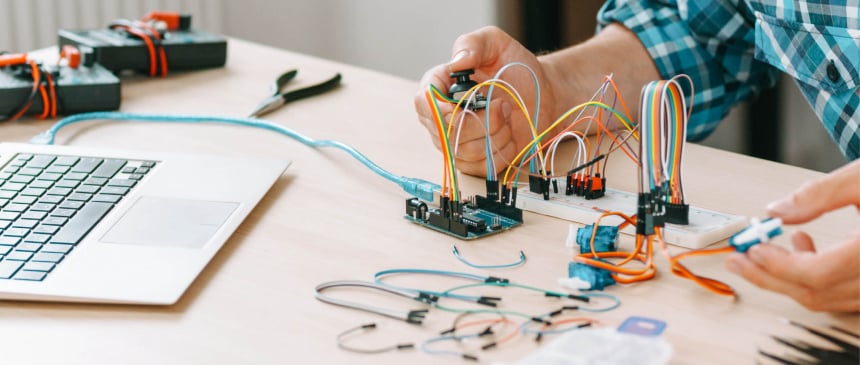Pittsburgh, Pennsylvania is a city that balances its industrial heritage with a bright, tech-forward future. Often referred to as the “Steel City” due to its historical significance in steel manufacturing, Pittsburgh has reinvented itself over the past few decades into a hub for education, healthcare, robotics, and innovation. With a population of over 300,000 residents and more than 2.3 million in the metropolitan area, the city now boasts a thriving cultural and economic ecosystem. This transformation is evident in areas like the Strip District, home to bustling markets and tech startups, and Lawrenceville, where industrial spaces have become creative enclaves.
Weather in Pittsburgh brings a full range of seasons, offering snowy winters perfect for cozy indoor activities and vibrant springs that give way to lush, green summers. Autumns are especially picturesque, with the city’s many parks—like Schenley Park and Frick Park—showcasing a kaleidoscope of fall colors. Pittsburgh’s three rivers—the Allegheny, Monongahela, and Ohio—add to its scenic charm and are frequently the backdrop for kayaking, rowing, and riverfront festivals throughout the year.
Culturally, Pittsburgh is a powerhouse. It’s home to the Carnegie Museums, the Andy Warhol Museum, and a rich tapestry of performing arts venues like the Benedum Center and Heinz Hall. Sports fans flock to see the Steelers at Acrisure Stadium and the Pirates at PNC Park. Notable annual events like the Three Rivers Arts Festival and Light Up Night in winter draw crowds from all over Pennsylvania and beyond. These occasions are a testament to the city’s commitment to celebrating creativity, innovation, and community spirit.
But perhaps the most exciting part of Pittsburgh is its reputation as a launchpad for cutting-edge ideas. Major universities like Carnegie Mellon and the University of Pittsburgh fuel the local innovation scene. It’s no surprise that this environment makes Pittsburgh an ideal location for a trusted invention submission service like InventHelp. Based right in the heart of this creative city, InventHelp has been helping people turn their product ideas into reality since 1984.


